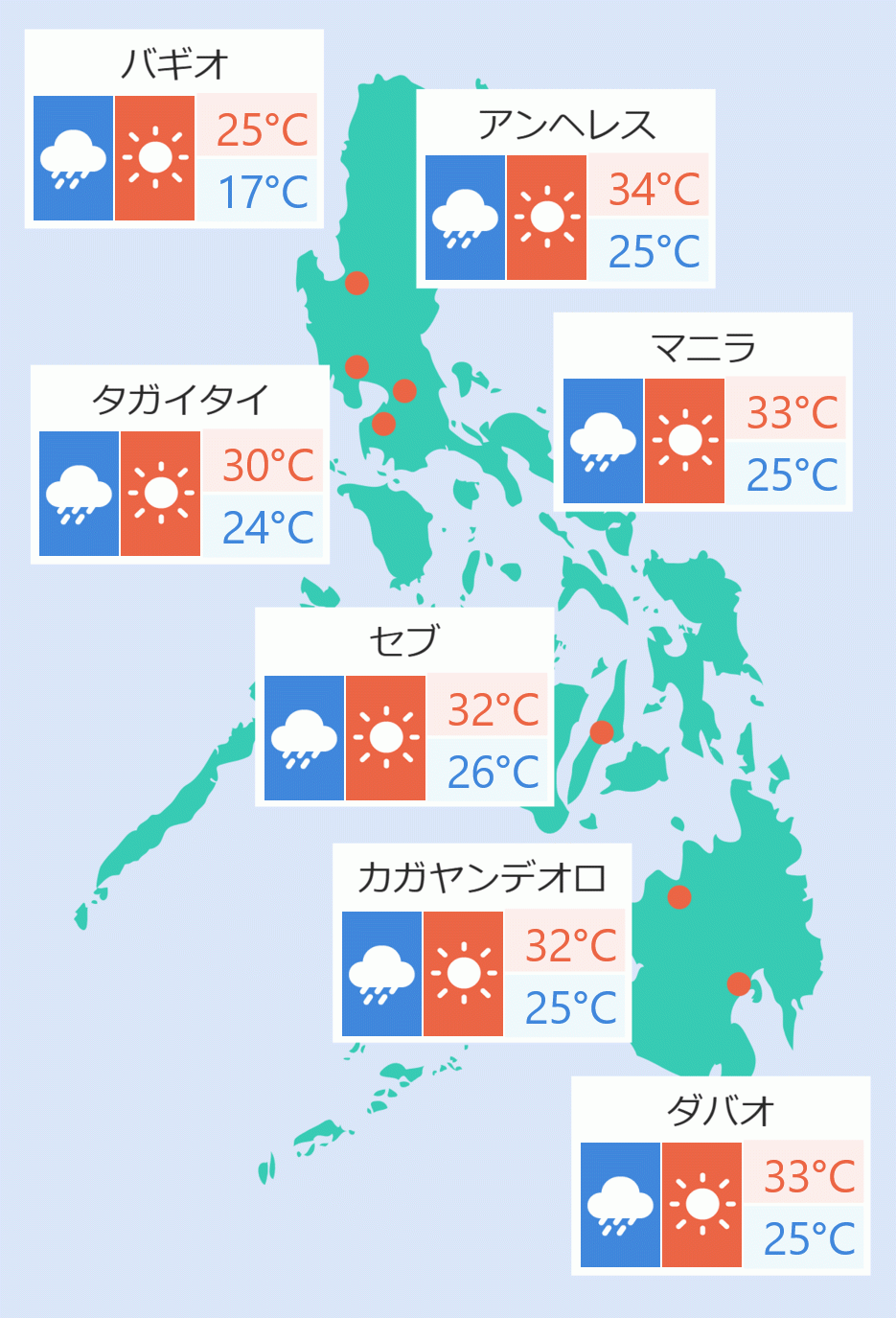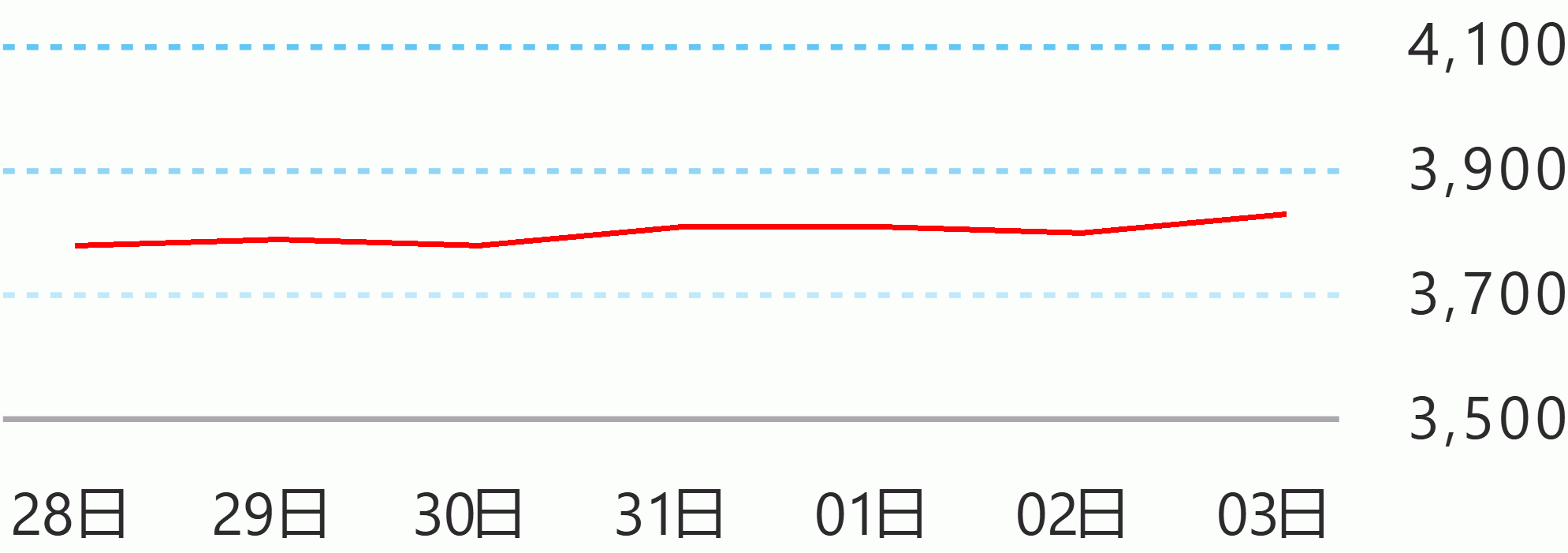The Cybercrime Investigation and Coordinating Center (CICC) asked the Japanese government to conduct a thorough investigation on the hoax bomb threats that caused panic and interrupted several Philippine government agencies on Monday.
Alexander Ramos, CICC executive director, said a representative from the Japan Embassy was present during the joint interagency conference in Taguig City on Tuesday.
"We have asked the Japanese representative today to help us put a stop to this, in fact the one hosting the email server, we requested that if they can conduct an internal investigation in Japan why such content could proliferate coming from Japan and they said they will coordinate with the necessary offices... to locate and put a stop to this and they will give us feedback as soon as they will have result," he said.
Although Takahiro Karasawa, the Japanese lawyer who allegedly sent the bomb threats claimed that his identity was taken over and was just used to send the hoax messages, Ramos noted that the email containing the bomb threats apparently originated from Japan.
"Based on gathered data, (it's) point to the same origin, it did not come from different sources, but it came from one origin, it all points to a destination in Japan," he said.
Bureau of Immigration (BI) Commissioner Norman Tansingco also ordered a thorough investigation on the identity of the Japanese lawyer who allegedly sent the hoax bomb threats.
Tansingco noted that the BI will be working with the National Bureau of Investigation (NBI) and the Department of Justice (DOJ) to determine whether the suspect is in the country.
"We will also be verifying if this is his real identity, or if he is a prankster using a fictitious name," he said.
Tansingco warned that they would immediately to implement hold orders, blacklist orders, or arrest warrants issued against the suspect.
"The national government is not taking this lightly," he said. "Any security threat shall be met with the harshest penalties of the law," he added.
The BI chief said that a quick check of their database revealed that there are at least four namesakes, who are all not in the country.
He noted that the results of its verification will be sent to the NBI and DOJ.
Ramos said based on their records at least 28 government agencies in the National Capital Region have received the bomb threats.
These include the office of the Commission on Audit in Commonwealth, Brgy. Batasan Hills, Quezon City; Department of Science and Technology (DOST) in General Santos Avenue, Brgy. Upper Bicutan, Taguig City; Panghulo Elementary School along Panghulo Road in Brgy. Panghulo Malabon City; Department of Environmental and Natural Resources (DENR) Central office in Visayas Avenue, Quezon City; Insurance Commission at United Nation Ave., Ermita Manila; Pasig Elementary School in Barangay San Nicolas, Pasig City; Philippine Competition Commission (PCC) and Power Sector Asset Liabilities Management (Psalm) in Quezon City and others.
Other agencies outside Metro Manila that also received the bomb threats are the Department of Education (DepEd) division office in Bataan and the local government of Iba in Zambales province.
The CICC also advises the public to "inform their immediate supervisors especially to government offices and do not propagate or distribute the content" of the bomb threat in case they also receive the same hoax message. Robina Asido/DMS





 English
English










